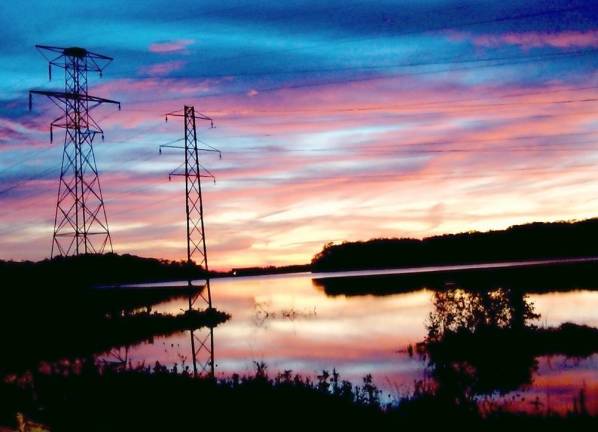Bill removing local control of NJ wind power lines approved

Energy. (AP) Local communities would be stripped of most control over where and how power lines from offshore wind energy projects come ashore under a bill that received final approval June 24 in the state Legislature. It now heads to the desk of Democratic Gov. Phil Murphy.
The bill would give wind energy projects approved by the New Jersey Board of Public Utilities authority to locate, build, use and maintain wires and associated land-based infrastructure as long as they run underground on public property including streets. The BPU could determine that some aboveground wires are necessary.
It appears to be an effort to head off any local objections to at least one wind power project envisioned to come ashore at two former power plants, and run cables under two of the state’s most popular beaches. After officials in some shore towns objected to the bill last week during a hearing in the state Assembly, a provision was added that would require a public hearing on a proposed project.
Assemblyman John Burzichelli said the goal of the bill is to give power lines from offshore wind projects the same level of presumptive approval as those from other energy sources.
The bill entitles a qualified wind energy project to obtain easements, rights-of-way or other property rights from any level of government that are necessary to build the project. The BPU would make a final decision if such approvals are withheld by governments.
No state, county or local government would be able to prohibit or charge a fee for the use of a street or other public property other than a road opening permit. If these governments refuse the permit for any other reason than legitimate public safety concerns, the state utilities board would be required to issue an order granting the necessary approval.
If a company’s project impacts land that had previously been preserved as open space, the company would have to provide money to acquire three times the amount of affected land as a replacement.